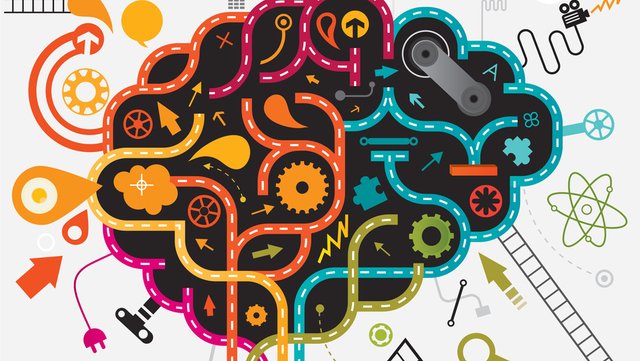Do we use only 10% of our brain?
Do we use only 10% of our brain?
This allegedly scientific falsehood refuses to die. We tell you why it is a hoax

According to neurologists, we use almost 100% of the brain at all times, but many people still think that we do not use more than a tenth. As if the rest were permanently off, when magnetic resonance imaging and CT scans have been demonstrating just the opposite for decades.
It would be extraordinary if our gray mass worked so little, because we would be faced with the first tangible proof that an organ can maintain its functions when 90% of its cells are useless. And what about brain tumors or strokes? It would be a misfortune more than remarkable that they were always primed with that modest tenth we use.
The audacity of the supporters of this assumption of undetermined origin goes so far as to attribute to Albert Einstein a false appointment in which the famous physicist would have defended its veracity. But where does the persistent force of this myth come from? Maybe our narcissism: we like to think that we only use 10% of our brain capacity. If we do so much with so little, how far would we go if we took advantage of the rest?
The evidence against this idea is overwhelming. Our great brain demands a head of good size, and that is why we are born before we are prepared to survive alone. If we continue to develop in the uterus, the head will grow until it does not pass through the cervix at birth. And it does not make sense from the evolutionary point of view to develop an organ that we are going to waste almost completely.
If the claim refers to 10% of brain regions, it is easy to refute. The scanners have proven that an action as simple as closing and opening a fist requires the participation of much more than a tenth of the brain. If you want to say that refers to the neurons, the absurd is total: they are too valuable and complex for the body to leave nine out of ten unemployed.
The brain remains busy even when we do nothing. It already has enough to control unconscious functions such as breathing and the beating of the heart. And image technologies have taught us that their activity is intense even in the depths of sleep, in which a large number of brain areas are involved.
To the question in your title, my Magic 8-Ball says:
Hi! I'm a bot, and this answer was posted automatically. Check this post out for more information.
Congratulations @jotan! You received a personal award!
Click here to view your Board of Honor
Do not miss the last post from @steemitboard:
Congratulations @jotan! You received a personal award!
You can view your badges on your Steem Board and compare to others on the Steem Ranking
Vote for @Steemitboard as a witness to get one more award and increased upvotes!